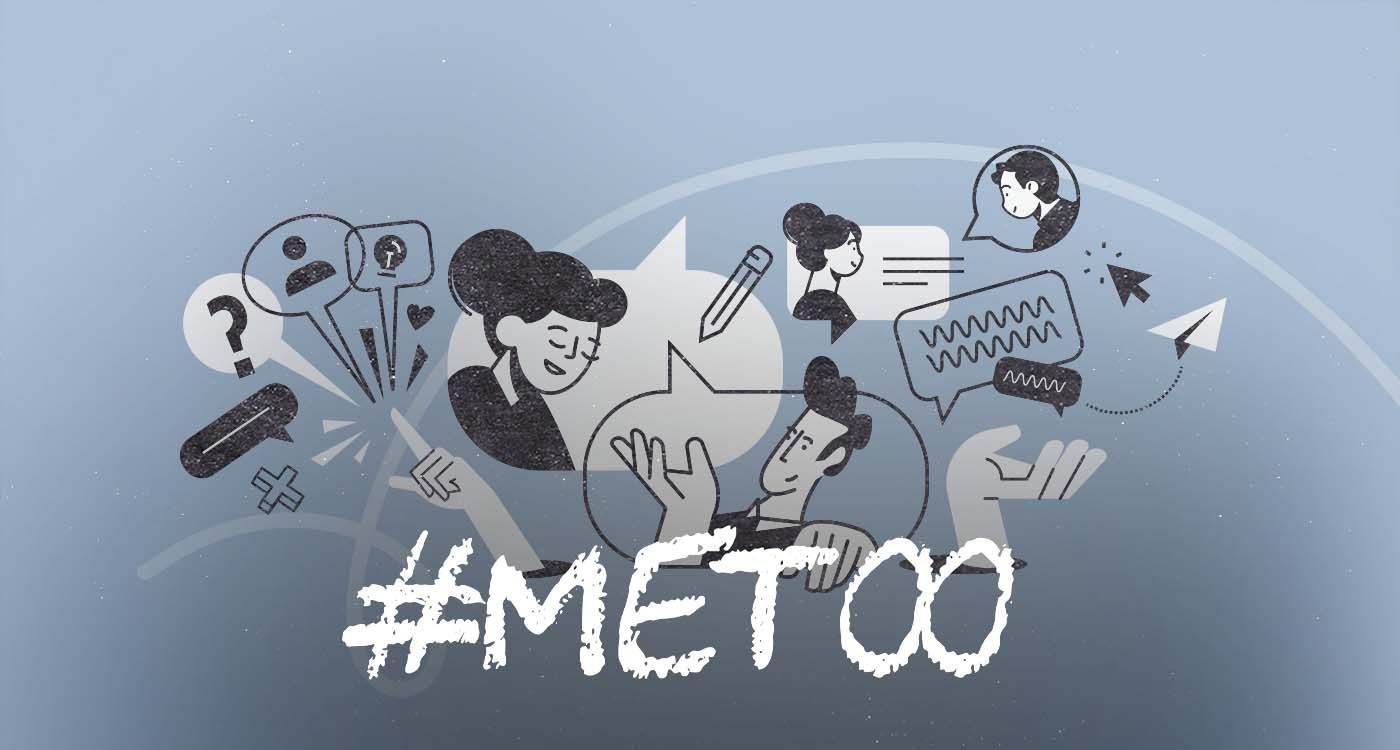
With #MeToo, social networks have become both a tribunal and a megaphone. Many public figures are now called out online and judged, or even condemned, by public opinion before any trial takes place. This phenomenon worries some people, while others see it as progress. This third part of our analysis explores the impact and excesses of this new arena of collective judgment.
Since the start of #MeToo, public exposure has reached unprecedented levels. Sometimes, a single post on social media — even an anonymous one — is enough to destroy a reputation or end a career. The exclusion is sudden, brutal. Accusations spread online at a speed that traditional justice cannot match. Many see this as real progress: scandals can no longer be hidden so easily, and the powerful can no longer be protected. Yet, this fast-track justice, decided by public opinion in a matter of days, also raises unease. Where do we draw the line between legitimate exposure and collective frenzy?
The strength of #MeToo on social media lies in speed, but also in the power of emotion. A moving testimony, a few striking words, sometimes a looping video or image, are just enough for a case to explode. Media quickly follow, the debate widens and everything accelerates. The accused often sees their name caught in the storm before they have time to justify themselves. People no longer wait for a trial or proper evidence. Suspicion alone can trigger a chain reaction with devastating social consequences.
The effect is immediate. Studios, record labels, TV channels and streaming platforms quickly distance themselves from the accused to protect their image. A name vanishes from the credits. This “clean-up” reflex has become automatic. For many victims, this swift reaction feels like long-overdue justice; revenge for years of silence, or a necessary correction to a system seen as too slow or too deaf. Social media gives a voice to those who had none and breaks the code of silence that long prevailed, especially in closed or powerful circles.
Social Media: A Ruthless Arena
Sometimes, the machine spins out of control. Several people have been falsely accused, sometimes based on unverified rumors. A single accusation can spread like wildfire, with no serious investigation or cross-checking. The presumption of innocence — a cornerstone of any fair justice system — fades before the presumption of guilt that reigns online. In some cases, the courts later clear the accused, but reputations rarely recover.
On social media, this self-proclaimed court of the internet, comments quickly devolve into insults, threats, boycotts and even harassment. The digital space becomes an arena. Nuance disappears, along with any notion of forgiveness or redemption. Many prefer to withdraw or vanish from public view; sometimes for good. Even victims are not immune: their identities can be revealed, they can face harassment or be overwhelmed by controversies beyond their control.
Facing this digital tribunal, society is feeling its way forward, searching for balance. Many applaud the breaking of silence and the exposure of long-hidden abuses. But fear of arbitrary judgment persists. How can truth prevail when everything moves so fast, when judgment rests on fragments of information, and emotion outweighs reflection? Should we create new safeguards in order to protect both victims and the accused? The debate remains wide open.
Where does legitimate exposure end and digital lynching begin? The boundary is shifting, hard to define. Even platforms hesitate: should they censor certain posts, protect those targeted or let events run their course? Attempts at regulation remain timid. Meanwhile, society is discovering, through this instant justice, the full extent of its own violence. And that realization is chilling.
Coming Next
This third piece is part of a series on #MeToo and its consequences in the cultural world. The final article will explore our relationship with the artists and works implicated: can we still watch their films or listen to their music?



Comments